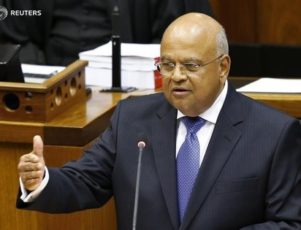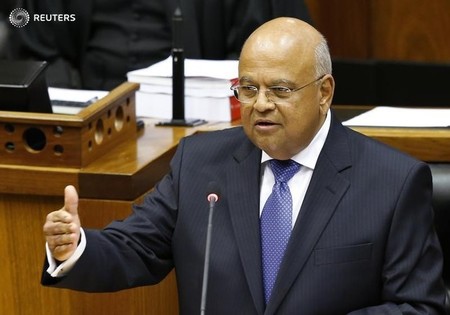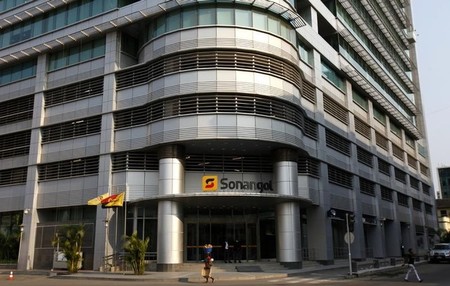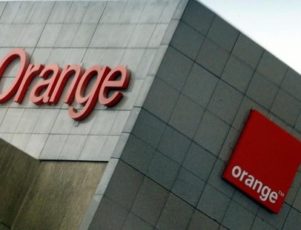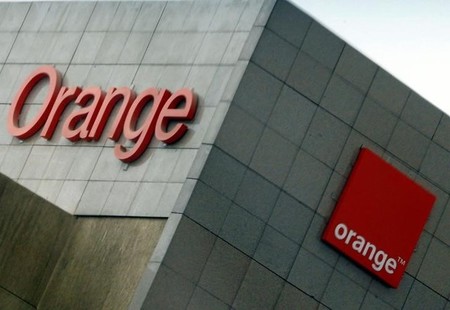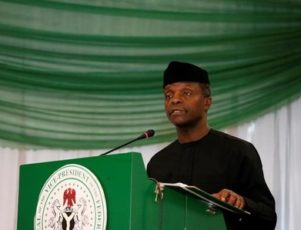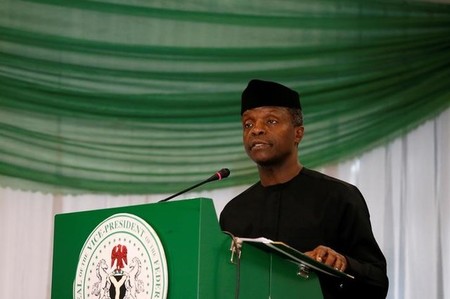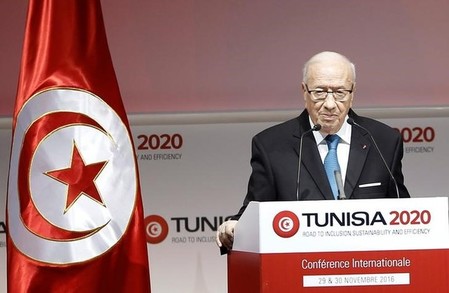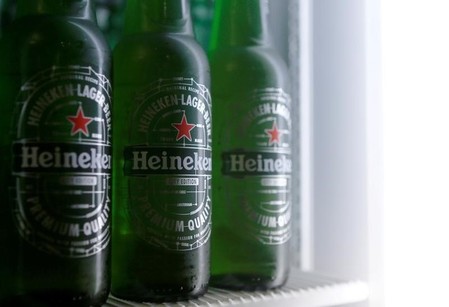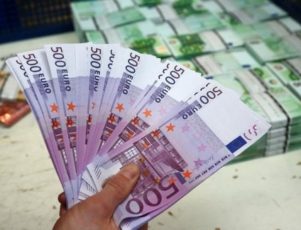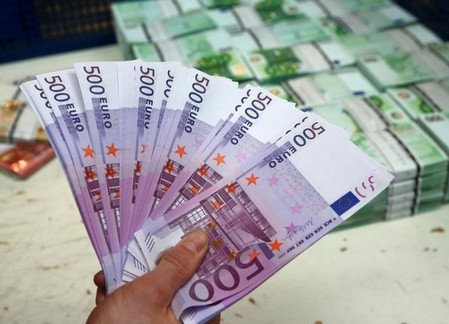By George Obulutsa
NAIROBI (Reuters) – China’s Exim Bank has expressed interest in financing the third section of Kenya’s planned rail link with Uganda at an estimated cost of $4.9 billion, a senior Kenya Railways official said on Friday.
China Exim Bank is already financing the first phase of the railway, from the Kenyan port of Mombasa to the capital Nairobi. Solomon Ouna, the railway’s project advisor, said that section is 98 percent complete and will start commercial operations in January 2018.
Kenya’s rail link with landlocked Uganda is expected to lower transport costs and boost trade. The first phase, covering 472 km, will cost $3.8 billion and cut the journey between Nairobi and Mombasa to four and a half hours from 13 hours or more currently.
Kenya signed an agreement in March with China Communications Construction Company (CCCC) to extend the railway to the town of Malaba on the Ugandan border. However, financing was not part of the deal.
“China Exim Bank has expressed an intention to finance this,” Atanas Maina, Kenya Railways managing director, told a news conference.
“From the Kenya Railways side, we have finalised the commercial agreement and we believe that in the course of next year, we may be able to close the financing of that particular section.”
The 370 kilometre (230 mile) third section, which will include a branch to the Kenyan town of Kisumu next to Lake Victoria, will cost $4.9 billion to construct and supply with locomotives and rolling stock, Kenya Railways said.
In October, Kenya Railways launched construction of the second phase of the railway, a $1.5 billion 120 km section linking Nairobi to the Rift Valley town of Naivasha.
China Export-Import Bank is a policy bank owned by the Chinese government. China has replaced the United States and Europe as the main trading partner for many African nations and is a big investor in infrastructure projects on the continent.
(Reporting by George Obulutsa; editing by Katharine Houreld and Susan Fenton)

